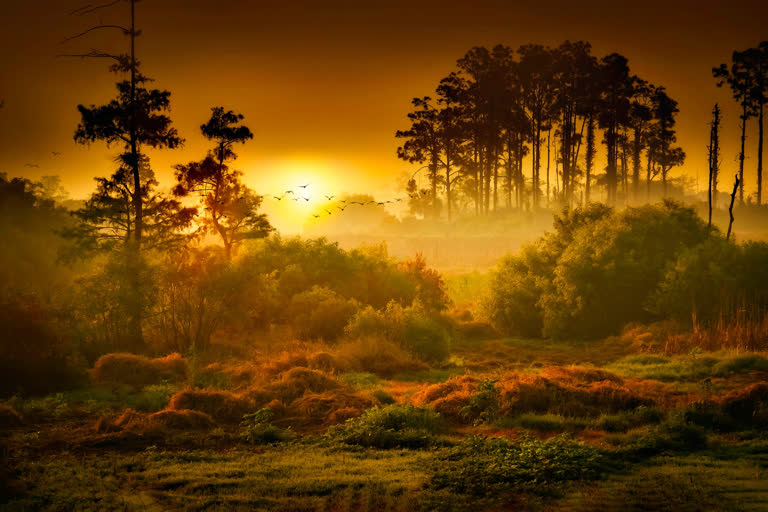Nanyuki: Seen through a smartphone camera the beauty and majesty of one of Kenya's largest mammals roaming the savanna. These elephants are being broadcast live on Instagram for the world to see. The new service, born out of the coronavirus crisis, is called "Sofa Safari".
It's the Ol Pejeta Conservancy's latest creation that's been bringing virtual safaris to television sets and smartphones since the pandemic grounded international flights and put many countries in lockdown.
"People can't come here at the moment, so we're trying to take wildlife and the wilderness experience that we offer to our visitors who can't come here at the moment, we are trying to take it from here to them, wherever they happen to be across the planet," says the conservancy's managing director Richard Vigne.
Continuing to raise funds is paramount. Ol Pejeta's inhabitants include the last two surviving Northern white rhinos on the planet. The last surviving male northern white rhino died in March 2018.
Research into possible in-vitro fertilization (IVF) using frozen sperm and surrogates continues in a desperate race to save the species.
"It's really important to continue to raise the awareness of the two last northern white rhinos here on Ol Pejeta," says zoology student Ellie Jones-Perrott, who created Sofa Safari.
"There are still so many things that need to be done for this species, they're unable to reproduce naturally now, so we need to raise as many funds and awareness for the in vitro fertilization (IVF) that we will hopefully carry out soon with them."
Read more: On Volga Day: a river trip to the Volga Delta nature reserve
In addition to seeing wildlife, viewers can watch and learn about the activities of the anti-poaching and dog units that patrol the site.
The live broadcasts on Facebook and Instagram are a way of maintaining visitor interest while real, physical visits aren't possible.
Richard Vigne, Managing Director, Ol Pejeta Conservancy says tourism accounts for over half the conservancy's income. He expects the coronavirus crisis will leave a three-million-dollar hole in their finances.
"We have a three-million-dollar hole that we're having to fill between now and the end of December. And frankly, I don't know how we're going to do it," he says.
The broadcasts aren't without their challenges such as being in the wild, the animals can be elusive, and then there's the added problem of a shaky internet connection.
"There's a lot of bird watchers that come to Ol Pejeta to see birds and only using an iPhone 11, still the zoom isn't brilliant enough to show those birds that may be flying some distance away from the camera," says Jones-Perrott.
The live broadcasts are free to watch on Facebook and Instagram, but viewers are encouraged to donate an amount of their choice to help the conservancy.
Also read: Family of ducks crosses Moscow street
(With inputs from AP)



